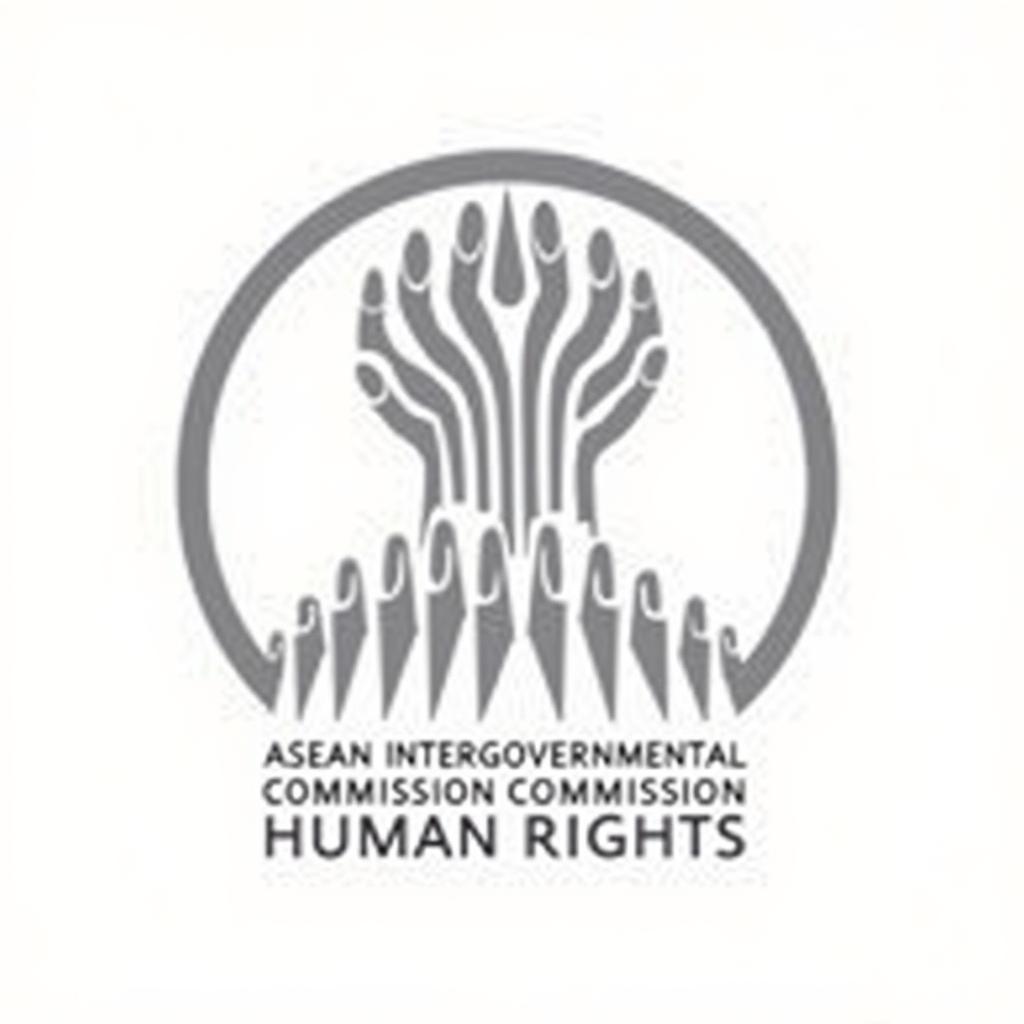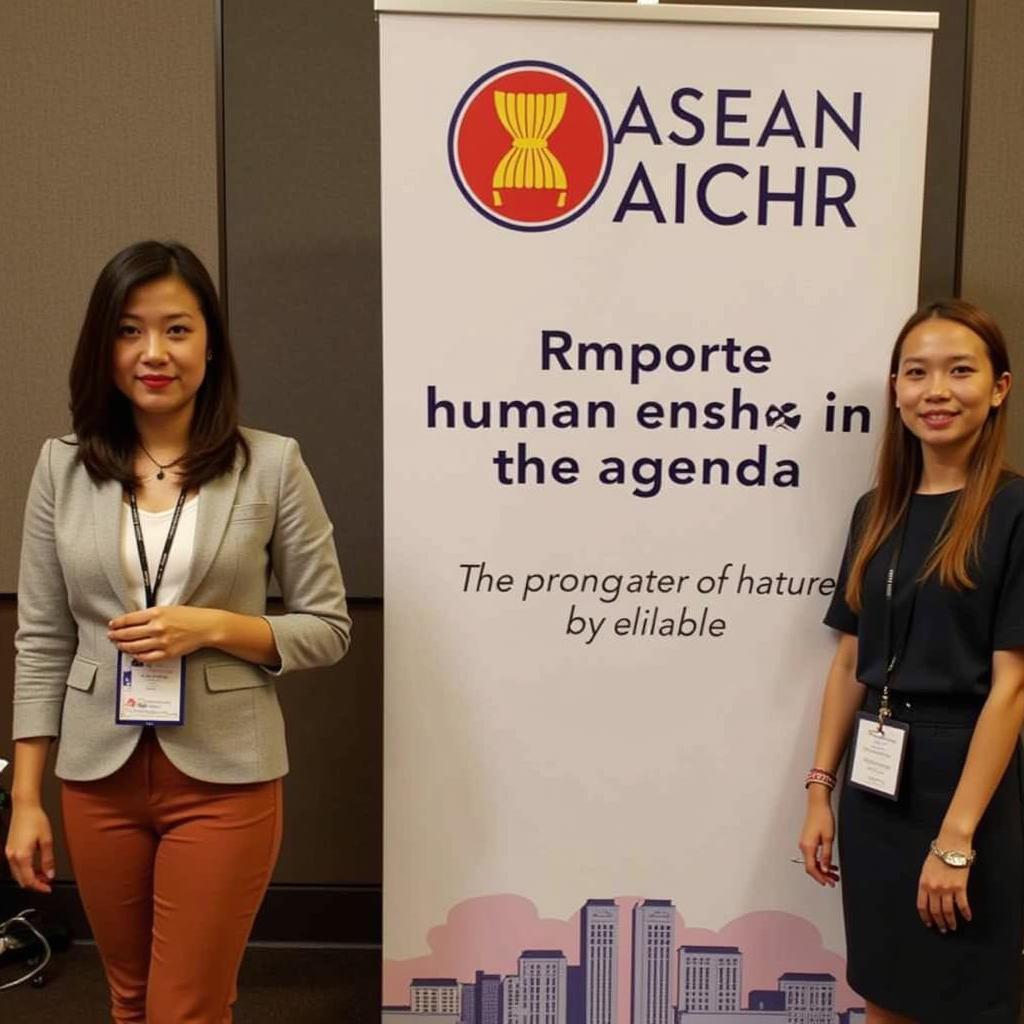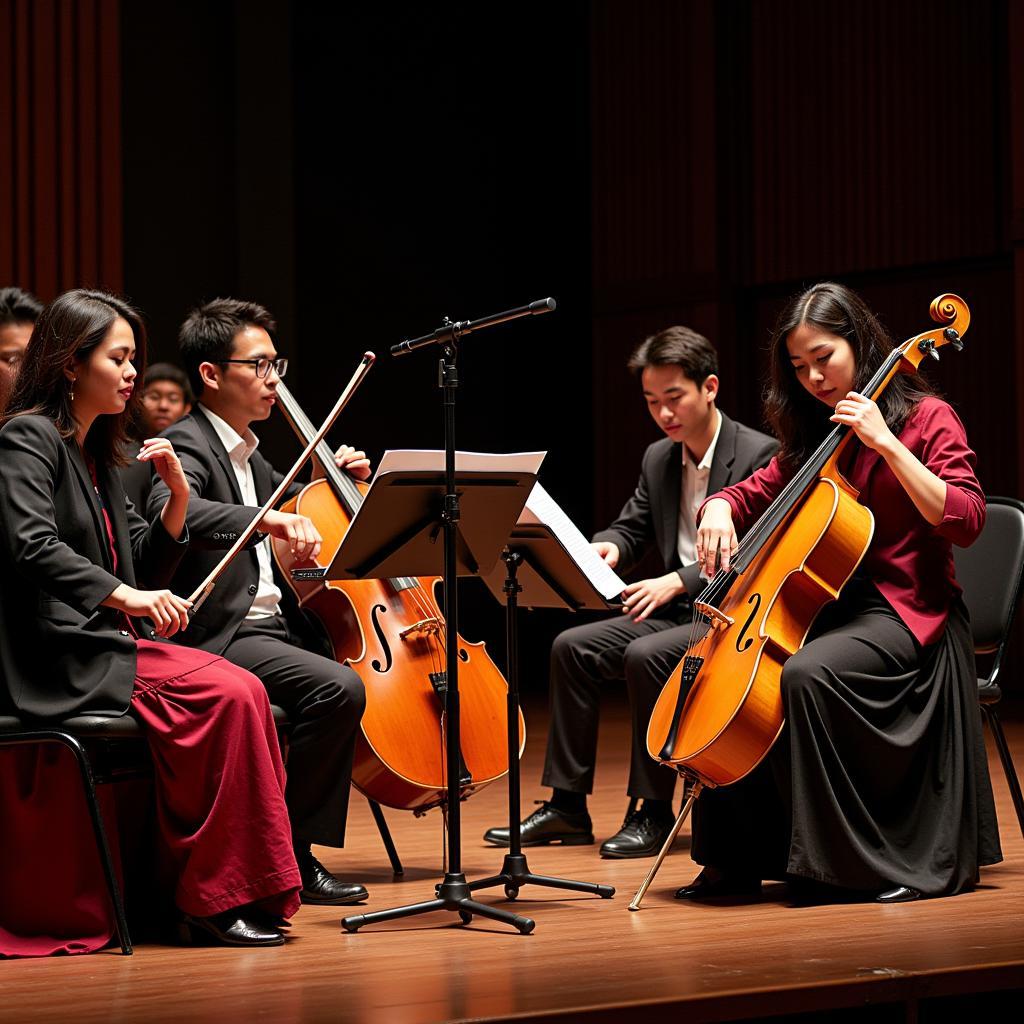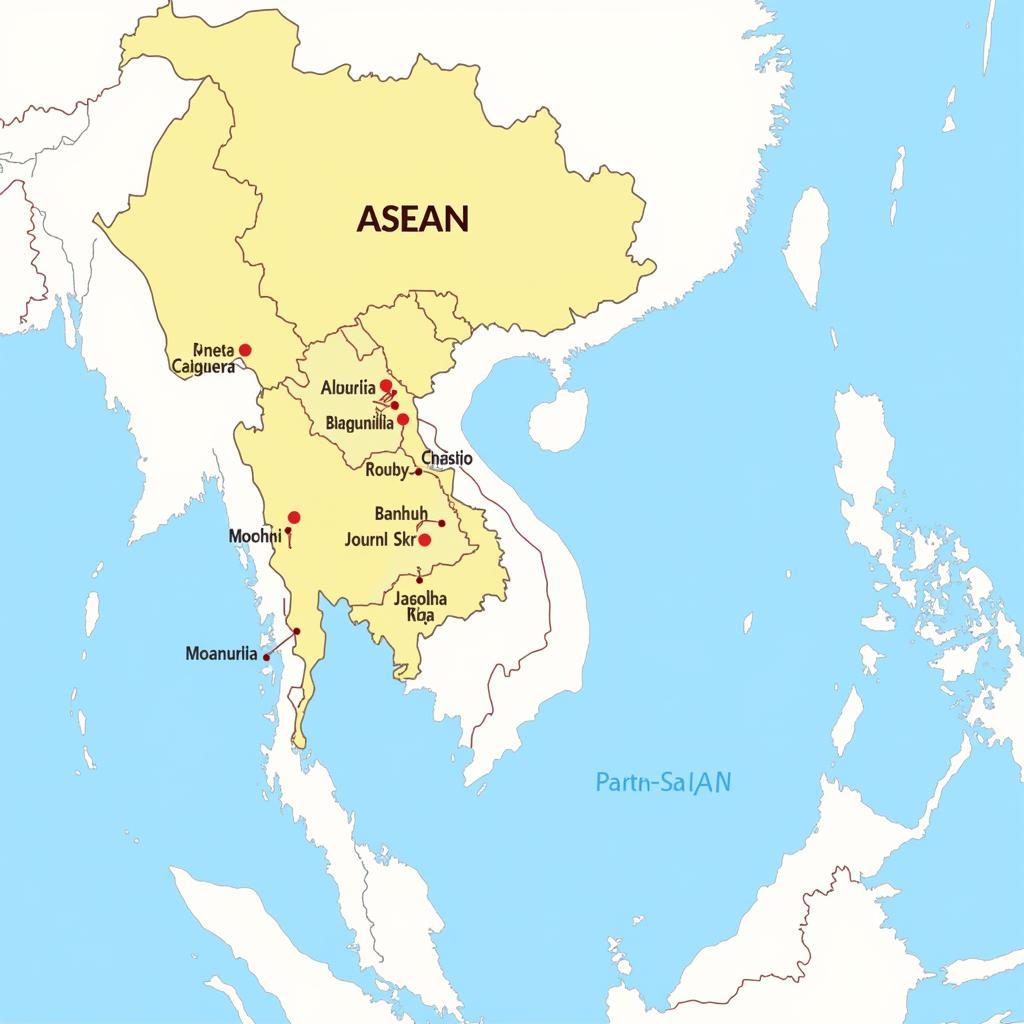The Asean Aichr Banner stands as a powerful symbol of the Association of Southeast Asian Nations’ (ASEAN) commitment to promoting and protecting human rights within its diverse region. The banner, often seen at ASEAN events and institutions, represents the ASEAN Intergovernmental Commission on Human Rights (AICHR), a dedicated body established to uphold the principles enshrined in the ASEAN Human Rights Declaration (AHRD).
Understanding the AICHR and its Mandate
The AICHR, formed in 2009, represents a significant step towards a more human rights-centric approach within ASEAN. This intergovernmental body comprises representatives from each of the ten ASEAN Member States, working collaboratively to advance human rights across Southeast Asia.
The AICHR’s mandate is multifaceted, encompassing a wide range of responsibilities:
- Promoting and protecting human rights and fundamental freedoms: The AICHR actively strives to ensure the respect and realization of human rights for all individuals within the ASEAN region.
- Developing strategies for human rights promotion and protection: The Commission collaborates with ASEAN Member States and other stakeholders to develop effective strategies and mechanisms for safeguarding human rights.
- Promoting awareness and education on human rights: Raising awareness about human rights and fostering a culture of respect is paramount to the AICHR’s work. They conduct educational programs, workshops, and awareness campaigns targeting various segments of society.
 ASEAN Intergovernmental Commission on Human Rights (AICHR) logo
ASEAN Intergovernmental Commission on Human Rights (AICHR) logo
The Significance of the ASEAN AICHR Banner
The ASEAN AICHR banner holds profound significance beyond its visual appeal. It embodies the collective commitment of ASEAN Member States to:
- Upholding the principles of the AHRD: The banner serves as a visual reminder of the shared values and principles enshrined in the AHRD, a landmark document that sets out the region’s commitment to human rights.
- Promoting regional cooperation on human rights: The banner’s presence signifies the ongoing efforts to strengthen cooperation and collaboration on human rights issues among ASEAN Member States.
- Raising awareness about AICHR’s work: By prominently displaying the banner, AICHR aims to raise public awareness about its role, mandate, and ongoing efforts to promote and protect human rights.
The AICHR Banner in Action
The ASEAN AICHR banner is more than just a symbolic representation. It is actively used to:
- Enhance the visibility of AICHR: The banner is displayed prominently at AICHR events, meetings, workshops, and consultations, increasing the Commission’s visibility and reach.
- Promote dialogue and engagement: The banner serves as a visual cue, encouraging dialogue and engagement on human rights issues among government officials, civil society organizations, and the public.
- Foster a sense of shared responsibility: By displaying the banner, ASEAN Member States demonstrate their commitment to working collectively towards a more just and equitable society.
 ASEAN AICHR banner displayed at an event
ASEAN AICHR banner displayed at an event
The Future of Human Rights in ASEAN
The ASEAN AICHR banner represents hope and progress in the ongoing journey to fully realize human rights for all in Southeast Asia. While challenges remain, the AICHR, through its work and its symbolic banner, continues to strive towards a future where the principles of equality, dignity, and justice are upheld for all.
“The AICHR banner is a powerful reminder of our collective responsibility to protect and promote human rights for all in ASEAN,” says Dr. Maya Suparti, a prominent Indonesian human rights advocate. “It is a symbol of hope and progress, and we must continue to work together to ensure that its promise is fully realized.”
Conclusion
The ASEAN AICHR banner is more than just a visual representation; it embodies the spirit of the AICHR and its unwavering commitment to human rights in Southeast Asia. As ASEAN continues to evolve and face new challenges, the AICHR, symbolized by its banner, remains a beacon of hope for a future where human rights are respected, protected, and fulfilled for all.

